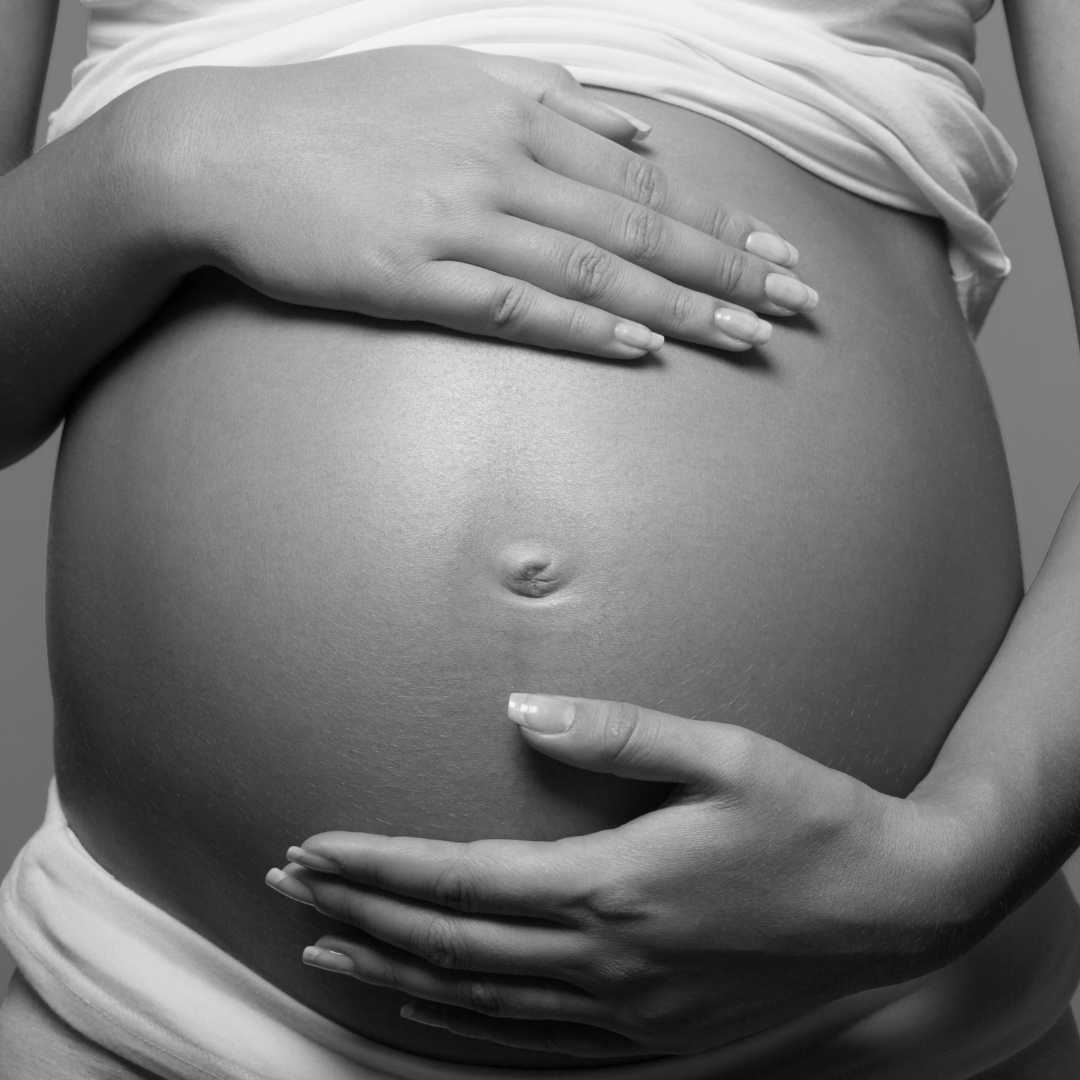Pregnancy is a period of immense bodily and lifestyle changes, a time of preparation to welcome a new family member. It's also a time when concerns about your pregnancy may be heightened, and you become especially vigilant. Below is a detailed overview of concerning symptoms during pregnancy and early steps to take.
Many changes you'll experience in your body are normal and part of the journey. Symptoms like hip pain, rumbling stomach, constipation, dizziness, and more are common and may come and go.
Do Warning Signs Disappear Early?
Some symptoms may persist until delivery, while others may fluctuate. It's crucial to pay close attention to every symptom. Certain dangerous signs should not be ignored for even one day without seeking medical attention.
Common Symptoms That Aren't Alarming
Many of these symptoms are not alarming, and there's no need to panic. However, it's advisable to contact your doctor for reassurance. Most of these symptoms occur in early pregnancy and some later on.
- Vomiting
- Increased vaginal discharge
- Headaches
- Fatigue and dizziness
- Rapid onset and resolution of pain
- Weight loss
- Feeling unusually warm
- Difficulty breathing
- Emotional stress and anxiety
Serious Symptoms for Pregnant Women
These symptoms can occur at any stage of pregnancy, but the risk of complications is higher in early pregnancy. Therefore, vigilance is crucial throughout.
1. Vaginal Bleeding
Any bleeding during pregnancy is not a good sign; it indicates a problem. Heavy bleeding with severe abdominal pain on either side may suggest an ectopic pregnancy, which requires immediate surgical removal.
2. Excessive Vomiting and Nausea
While it's normal to experience nausea during pregnancy, severe complications may arise if it becomes debilitating. Inability to eat or drink can lead to dehydration, posing a risk to your pregnancy. If dizziness is overwhelming, consult your doctor for medication to ease its severity.
3. Decreased Fetal Movement
A decrease in your baby's movements could signal distress. While it's common for movement to fluctuate, no movement throughout the day is a serious concern. Try drinking something cold and sweet, lie on your side, and observe for movement. If there's none, seek medical attention promptly.
4. Premature Contractions in the Seventh Month
Experiencing contractions before reaching full-term pregnancy is a concerning symptom. Occasional tightening and releasing of the abdomen are normal after intercourse, but if the pattern persists every ten minutes and lasts more than a few hours, it could indicate preterm labor. Contact your doctor immediately if you notice this pattern.
5. Early Rupture of Membranes
When the amniotic sac ruptures prematurely, it's a serious issue. This sac contains fluid that protects the baby, and early rupture exposes the baby to infection. If you notice a large gush of fluid, especially clear and odorless, go to the hospital immediately.
6. Severe and Persistent Headaches, Abdominal Pain, and Vision Problems
These symptoms may indicate a condition called preeclampsia, characterized by high blood pressure and high protein levels in the urine. Preeclampsia is a severe problem and can lead to eclampsia, a life-threatening situation. Seek medical attention if you experience these symptoms after 20 weeks of pregnancy.
How Can I Minimize the Risk of Serious Symptoms During My Pregnancy?
While it's challenging to completely prevent all adverse symptoms during pregnancy, there are a few things you can do to reduce the risk of complications. Like attending all your prenatal appointments and start iron supplements early.
Remember, a healthy pregnancy requires vigilant care and prompt attention to any alarming symptoms. If you experience anything unusual, always consult your healthcare provider promptly
 English
English Kiswahili
Kiswahili